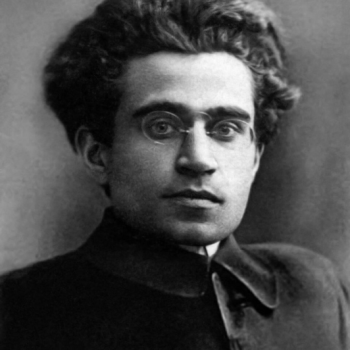A new study which found that readers using a Kindle were “significantly” worse than paperback readers at recalling when events occurred in a mystery story is part of major new Europe-wide research looking at the impact of digitisation on the reading experience.
The study, presented in Italy at a conference last month and set to be published as a paper, gave 50 readers the same short story by Elizabeth George to read. Half read the 28-page story on a Kindle, and half in a paperback, with readers then tested on aspects of the story including objects, characters and settings.
Anne Mangen of Norway’s Stavanger University, a lead researcher on the study, thought academics might “find differences in the immersion facilitated by the device, in emotional responses” to the story. Her predictions were based on an earlier study comparing reading an upsetting short story on paper and on iPad. “In this study, we found that paper readers did report higher on measures having to do with empathy and transportation and immersion, and narrative coherence, than iPad readers,” said Mangen.
But instead, the performance was largely similar, except when it came to the timing of events in the story. “The Kindle readers performed significantly worse on the plot reconstruction measure, ie, when they were asked to place 14 events in the correct order.”
The researchers suggest that “the haptic and tactile feedback of a Kindle does not provide the same support for mental reconstruction of a story as a print pocket book does”.
“When you read on paper you can sense with your fingers a pile of pages on the left growing, and shrinking on the right,” said Mangen. “You have the tactile sense of progress, in addition to the visual … [The differences for Kindle readers] might have something to do with the fact that the fixity of a text on paper, and this very gradual unfolding of paper as you progress through a story, is some kind of sensory offload, supporting the visual sense of progress when you’re reading. Perhaps this somehow aids the reader, providing more fixity and solidity to the reader’s sense of unfolding and progress of the text, and hence the story.”
Mangen also pointed to a paper published last year, which gave 72 Norwegian 10th-graders texts to read in print, or in PDF on a computer screen, followed by comprehension tests. She and her fellow researchers found that “students who read texts in print scored significantly better on the reading comprehension test than students who read the texts digitally”.
HT: Nathan Martin
I find myself doing almost all of my reading-for-pleasure on Kindle these days. But that doesn’t work so well for my scholarly reading (English professor that I am), which I have to do with traditional books.
Does this study ring true with your experience? (For me, contrary to these findings, fiction works well with Kindle, as the story unfolds as on an electronic scroll. Nonfiction, though, is more difficult, since I need to page back and forth to get the full effect of the argument or the information, something hard to do on a Kindle.)















